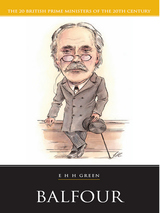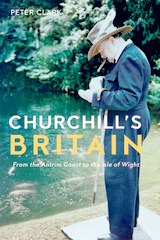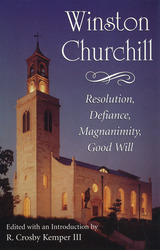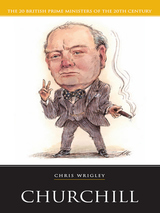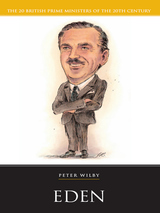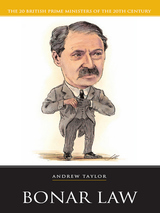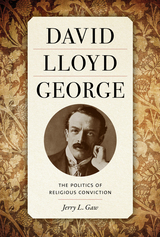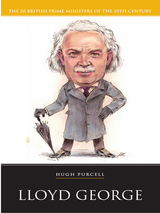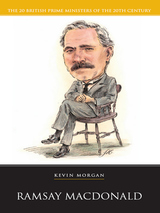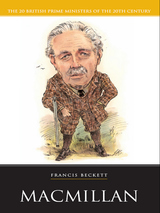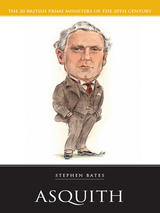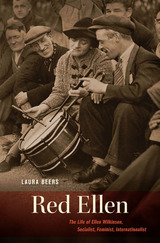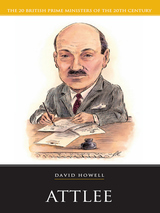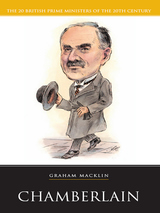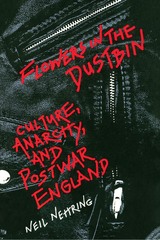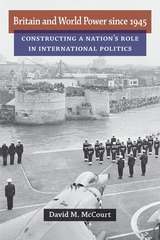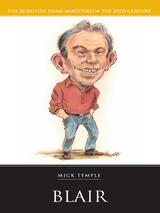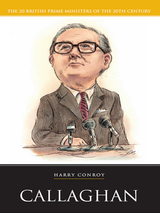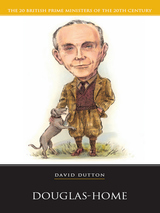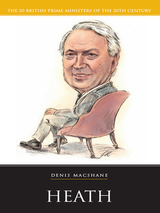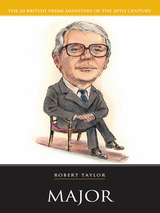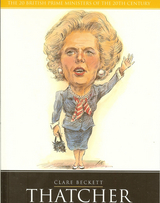Cloth: 978-0-674-20555-0
Library of Congress Classification DA570.P48
Dewey Decimal Classification 301.44920941
The Diehards is a study of the 112 peers who voted against the Parliament Bill of 1911. In voting against this bill, which abolished the veto power of the House of Lords, the diehards defied the leadership of their own party. Other Unionists were willing to capitulate in response to the Liberal government's threat to create enough new peers to swamp the upper chamber, but the diehards were ready to “die in the last ditch.”
There has never been a satisfactory explanation of diehard intransigence. A mistake of contemporaries and of later historians has been to characterize the diehards as “backwoodsmen” who cared little about national politics and barely knew their way to the House of Lords. But in fact, as Gregory Phillips shows, they were among the most politically active members of the peerage. They can be seen as radical conservatives, willing to countenance drastic changes in certain aspects of politics and society in order to preserve as much as possible of their traditional position and way of life.
Utilizing a wide range of public and private papers, Phillips has given us an economic, social, and political study of Edwardian England that substantially alters our understanding of this crisis in British constitutional history.
See other books on: 1901-1910 | England | Great Britain | Nobility | Politics
See other titles from Harvard University Press

